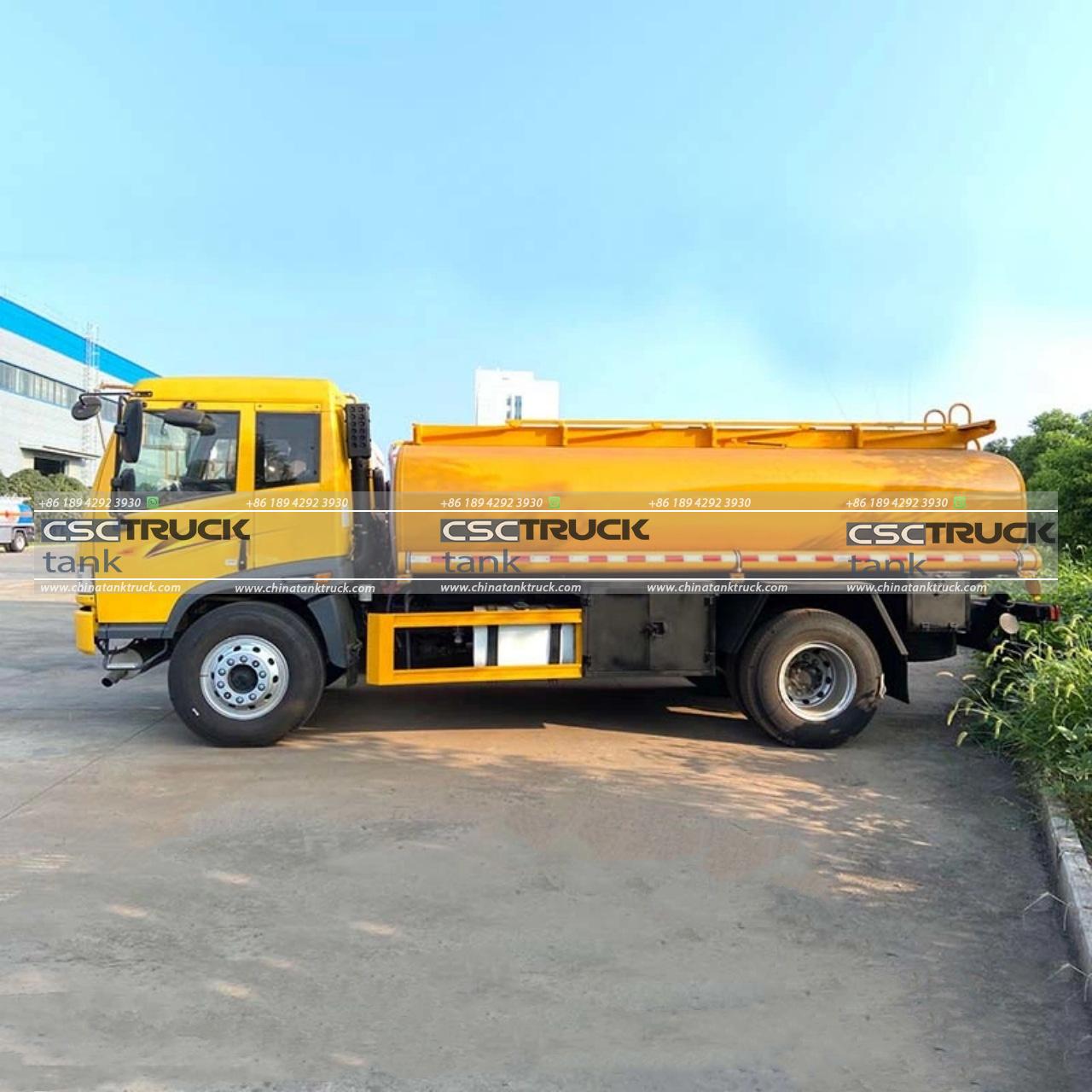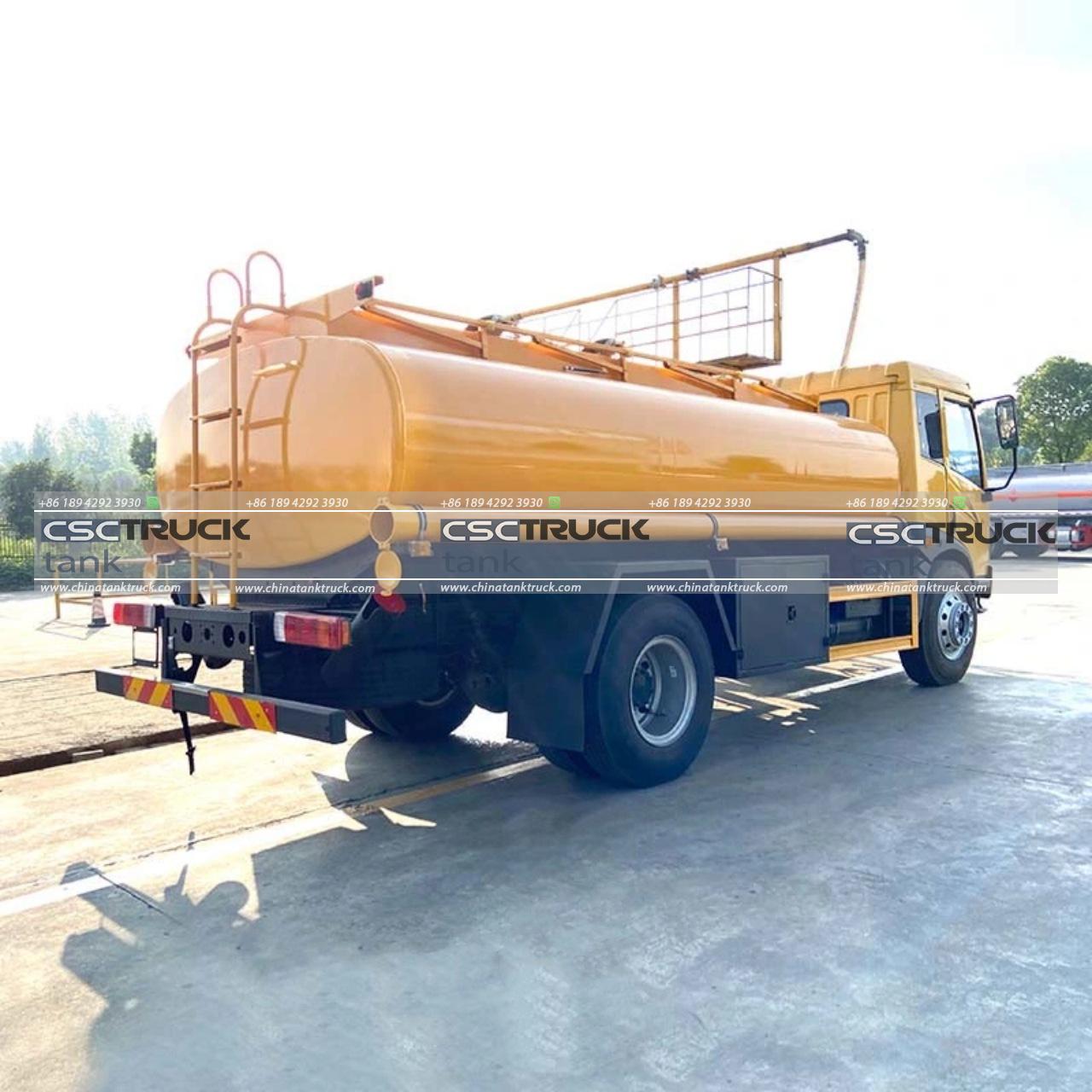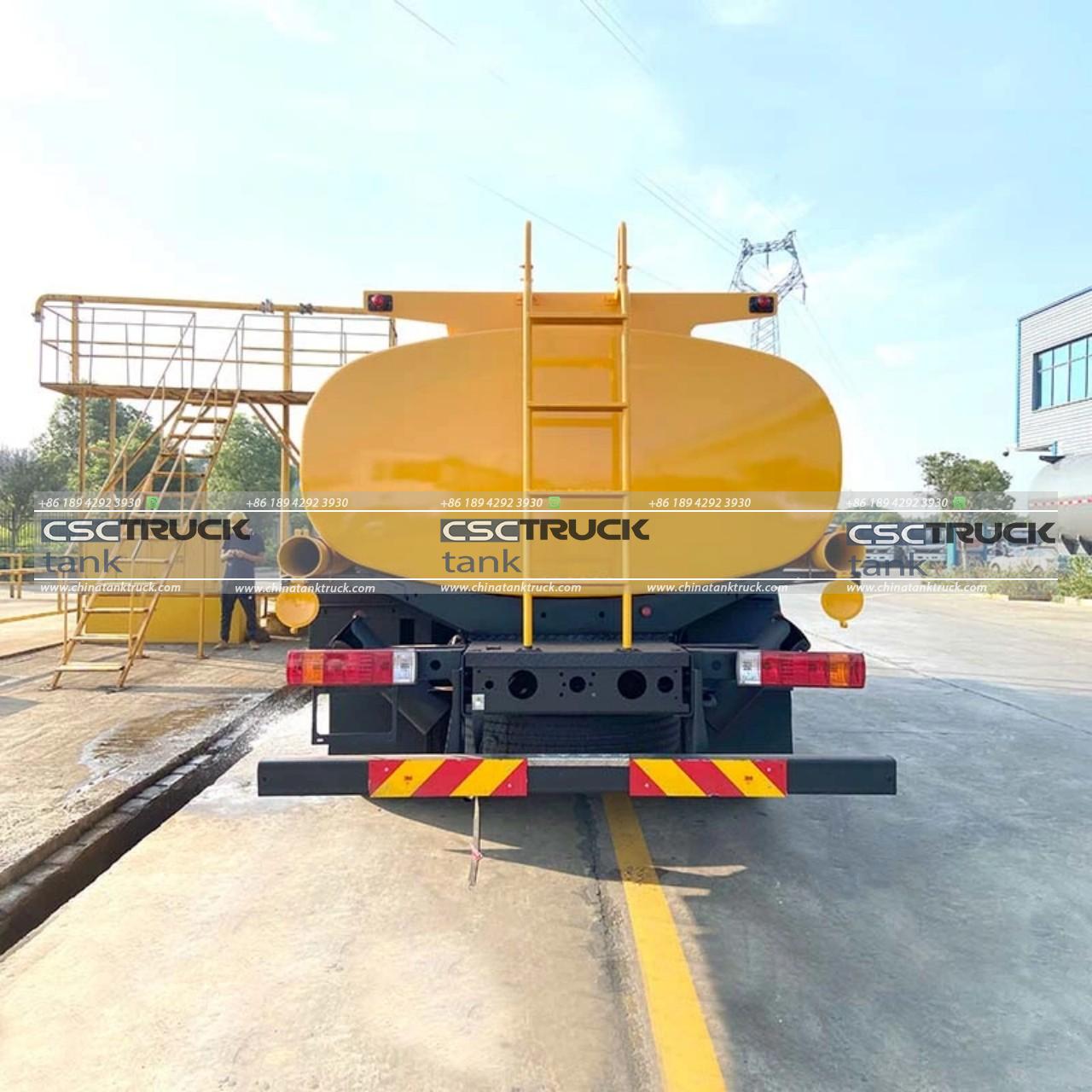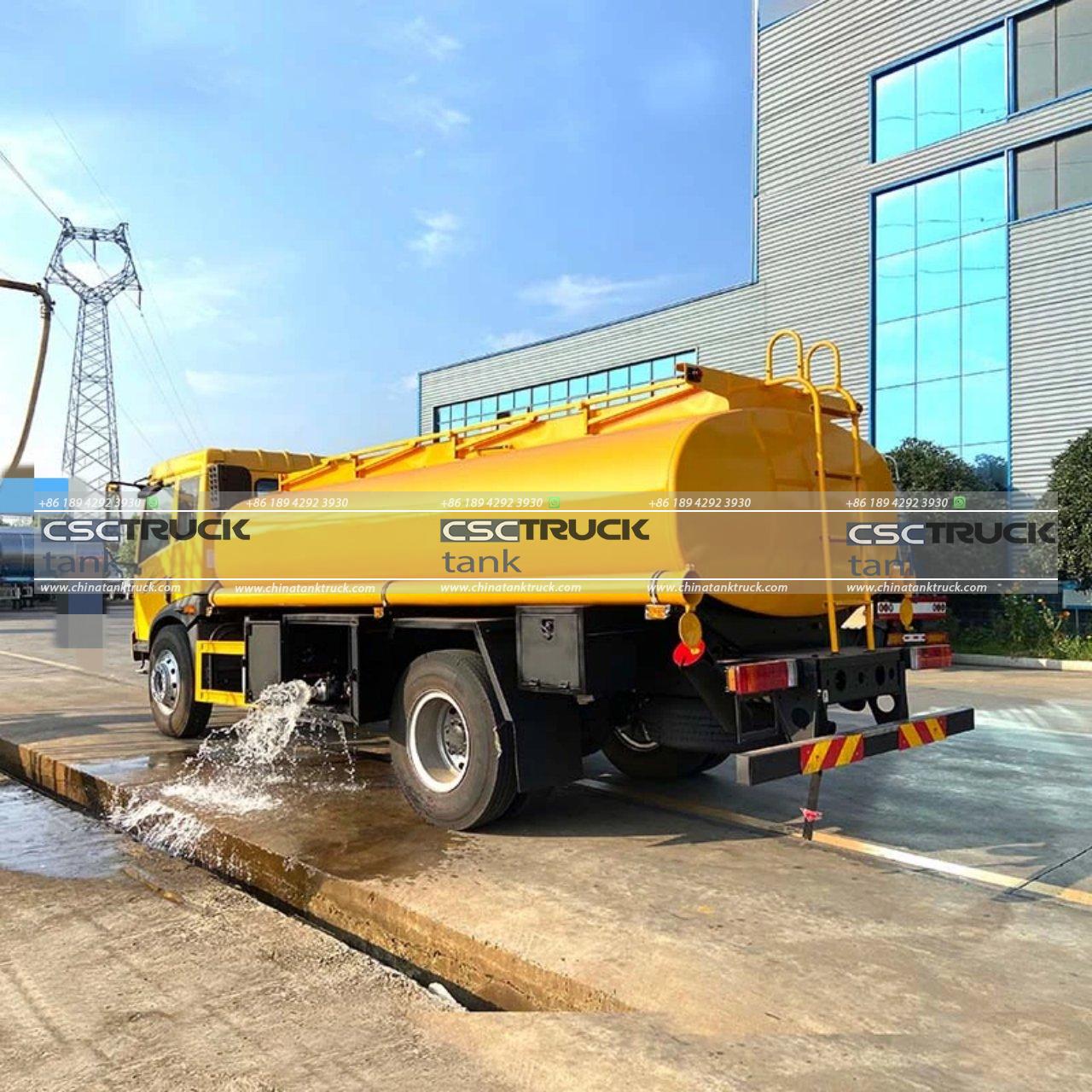Which is Better: Bulk or Tanker?
In the realm of maritime transportation, the debate over the superiority of bulk carriers versus tankers is perennial. Both types of vessels play crucial roles in global trade, yet they cater to different segments of the market and have distinct advantages and challenges. Understanding their functions, benefits, and drawbacks is essential for stakeholders in the shipping industry, from investors and shipowners to cargo operators and policymakers.
Definitions and Functions
– Bulk Carriers are vessels designed to transport unpackaged bulk cargo, such as grains, coal, ore, and cement in large quantities. These ships feature large cargo holds and are equipped with cranes for loading and unloading in ports where shore-based equipment may not be available.
– Tankers, on the other hand, are vessels built to carry liquids in bulk. The most common types are oil tankers, chemical tankers, and LNG (liquefied natural gas) carriers. They are equipped with pipelines, pumps, and other specialized equipment to handle liquid cargo safely and efficiently.

Economic Considerations
Cost Efficiency:
– Bulk Carriers: Bulk carriers often benefit from economies of scale. Due to their large cargo holds, they can transport vast amounts of material in a single voyage, making the cost per ton of cargo relatively low. This efficiency is particularly beneficial for commodities with lower per-unit value, like coal or grain.
– Tankers: Tankers also leverage economies of scale but are generally more expensive to build and operate due to the complexity of their design and the need for sophisticated safety systems. However, the higher value of liquid cargoes such as oil and chemicals can offset these higher costs.
Market Demand:
– Bulk Carriers: The demand for bulk carriers is closely tied to the industrial and agricultural sectors. Economic fluctuations in these sectors can significantly impact the bulk shipping market. For example, a downturn in steel production can reduce the need for iron ore transportation, directly affecting bulk carrier demand.
– Tankers: The tanker market is largely driven by the global demand for energy. As economies grow and energy consumption increases, the demand for oil, gas, and chemical transport rises. Conversely, shifts towards renewable energy sources and economic slowdowns can negatively impact tanker demand.
Operational Challenges
Loading and Unloading:
– Bulk Carriers: The process of loading and unloading bulk carriers can be time-consuming and labor-intensive, especially for dry bulk cargoes that require specialized equipment like conveyor belts, hoppers, and grabs. Ports must be equipped to handle these operations efficiently to minimize turnaround times.
– Tankers: Tankers generally enjoy quicker loading and unloading times thanks to their integrated pumping systems. However, this process requires stringent safety measures to prevent spills and accidents, given the hazardous nature of the cargo.
Safety and Environmental Concerns:
– Bulk Carriers: While bulk carriers face risks like cargo shifting and structural stresses, they pose fewer environmental hazards compared to tankers. However, the loss of bulk cargo at sea can still have significant ecological impacts.
– Tankers: Safety is a paramount concern for tankers due to the potential for catastrophic oil spills and chemical leaks. Regulations governing tanker operations are stringent, with mandatory safety protocols to mitigate environmental risks. Double-hulled designs and advanced navigation systems are standard to prevent accidents.

Versatility and Flexibility
– Bulk Carriers: These vessels are highly versatile and capable of carrying a wide range of dry cargoes. This flexibility makes them an attractive option for operators who want to switch between different types of bulk goods depending on market demand.
– Tankers: While tankers are specialized for liquid cargo, their design limits their flexibility. Each type of tanker is usually optimized for specific liquids—crude oil, refined products, chemicals, or LNG. This specialization means that tankers must be carefully matched with the cargo they carry, limiting their adaptability to changing market conditions.
Technological Advancements
– Bulk Carriers: Technological innovations in bulk carriers focus on enhancing cargo handling, fuel efficiency, and structural integrity. Advances in automated loading and unloading systems, hull design, and engine efficiency are continuously improving the operational capabilities of bulk carriers.
– Tankers: The tanker industry is at the forefront of adopting advanced technologies to ensure safety and efficiency. Innovations include inert gas systems, vapor recovery units, and ballast water management systems. Additionally, digitalization and real-time monitoring systems are becoming more prevalent, allowing for better route planning and maintenance.

Regulatory Environment
– Bulk Carriers: Regulations for bulk carriers primarily concern structural integrity, loading practices, and environmental protection. Compliance with the International Maritime Organization (IMO) guidelines and national regulations is essential for safe and efficient operations.
– Tankers: The regulatory environment for tankers is particularly rigorous due to the potential environmental and safety hazards associated with liquid cargoes. IMO‘s International Convention for the Prevention of Pollution from Ships (MARPOL) and the International Safety Management (ISM) Code are pivotal in governing tanker operations. Compliance with these regulations ensures high safety and environmental standards are maintained.
Future Outlook
– Bulk Carriers: The future for bulk carriers looks promising with the ongoing growth in global trade and infrastructure development. However, the industry must adapt to changing environmental regulations and sustainability pressures, driving innovations in green technologies and fuel-efficient designs.
– Tankers: The tanker market is likely to experience both opportunities and challenges in the coming years. The demand for oil and gas is expected to persist in the medium term, supporting tanker utilization. However, the long-term shift towards renewable energy and decarbonization could reshape the industry. Tanker operators may need to invest in cleaner technologies and explore alternative cargoes, such as biofuels and hydrogen.

Conclusion
In the debate between bulk carriers and tankers, the question of which is better cannot be definitively answered without considering the specific context and requirements of the maritime operation in question. Bulk carriers offer cost efficiency and versatility for transporting dry cargo, while tankers provide specialized solutions for liquid cargo with an emphasis on safety and environmental protection. Both vessel types are indispensable to global trade, and their relative advantages make them suited to different aspects of the maritime industry. As technology and market demands evolve, both bulk carriers and tankers will continue to play vital roles in facilitating international commerce.

